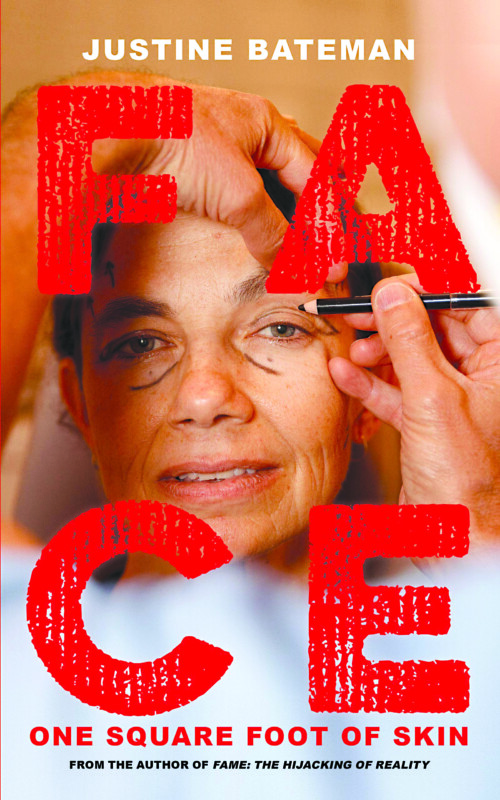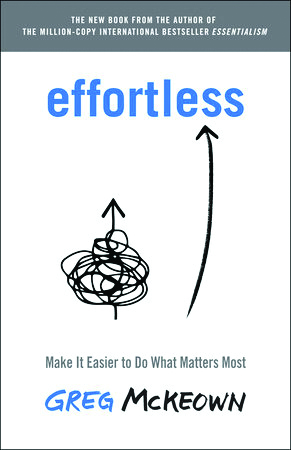The Audacity of Sara Grayson, by Joani Elliott (Post Hill Press, 400 pages)
Imagine if Stephenie Myers had died right after Bella Swan got pregnant.
The Twilight books reached a new peak of tension as Swan, the angsty human who married a vampire, began to swell with a mysterious new life. What would have become of the series if Myers, the author, were no longer around to complete the story? Would fans be satisfied with a finale written by someone else? Or would the final book become a great public unhappiness, like the final season of Game of Thrones?
Utah author Joani Elliott tackles such a quandary, minus the vampires, in her debut novel, The Audacity of Sara Grayson. In it, an enormously successful author — think Myers or J.K. Rowling — dies of pancreatic cancer, just 12 weeks after her family finds out she is sick. Cassandra Bond is almost as famous as the actress who plays Ellery Dawson, the star of a five-book thriller series, of which only four books have been written. She leaves her sizable estate to her two daughters — and the task of writing the fifth book to the youngest, Sara.
Sara is a writer, too, though one with no commercial success. She teaches English at the University of Maryland and supplements her income by writing copy for greeting cards. (“They loved her work and thought she had a real knack for cancer cards, and could she please send more?”)
Sara did write a novel, once, but had given it to her mother’s gruff editor to review, and his savage assessment drained her of ambition. So, too, had her recent divorce from a man who had abruptly left after six years of marriage to go on an Eat, Pray, Love-type journey. She had a good enough relationship with her mom, but as she comes to learn in the months after Cassandra’s death, did not truly know her. She is shocked and dismayed to learn she is the designated author of the final book in the series — even more so because she hasn’t read the four previous books. (“I saw the movie,” she says defensively to her sister, Anna Katherine.)
Sara intends to say no, until she goes into a meeting with lawyers and publishing executives and an editor insults her into changing her mind. She emerges from the meeting with the assignment to write a best-selling book that will explain the series’ biggest mystery, what had become of Ellery Dawson’s father, who was presumed dead and may or may not have been a traitor.
As it turns out, that is a story line that is disturbingly close to Sara’s own life. Her father had died when she was 7, and while she has warm memories of him and a good childhood, her mother’s will left a disturbing hint to doubt the narrative of Sara’s memory: an unusual bequest to a mysterious woman and her daughter in Europe.
This establishes a parallel path that runs along the main track of the story, which is Sara’s struggle to write the book. It adds a nice complexity to a story that could otherwise be too simple, as does Sara’s evolving relationship with her mother’s editor and, eventually, his son.
While The Audacity of Sara Grayson fits nicely within the oft derided genre of “chick lit” — it will appeal primarily to women and also could qualify as a beach read — it also surprisingly morphs into an inspirational book for writers, particularly in the last section, which is primarily set in Maine.
While relationships are at the heart of the story, it is also a novel about the difficulty of writing a novel, and the main characters are all involved in publishing. Elliott begins each chapter with a real-life quote from an author about writing — familiar ones from the likes of Toni Morrison and Stephen King, as well as some from lesser-known writers — and while this felt bothersome at first, the interruption of fiction with reality, I grew to enjoy them. I also liked how the story pulls back the curtains on the writing process and exposes the secrets of inspiration. Especially memorable was when Sara visits Cadillac Mountain in Acadia National Park to see the sunrise. (It’s the first point of sunlight in the U.S. — Google it and go.)
It was a turning point for Sara, when she realized she had never watched a sunrise. “And to think this happened every day. Everywhere. While people mixed creamer into coffee and ate their cornflakes and checked their email.”
The Audacity of Sara Grayson is not a complicated novel; in fact, the language sometimes seems a bit too simple, too easy, like a knife sliding through butter that’s been sitting out for hours. But it has a gangbuster premise and truly memorable characters and deserves to break through in the noisy throng of summer fiction. A
Featured photo: The Audacity of Sara Grayson






